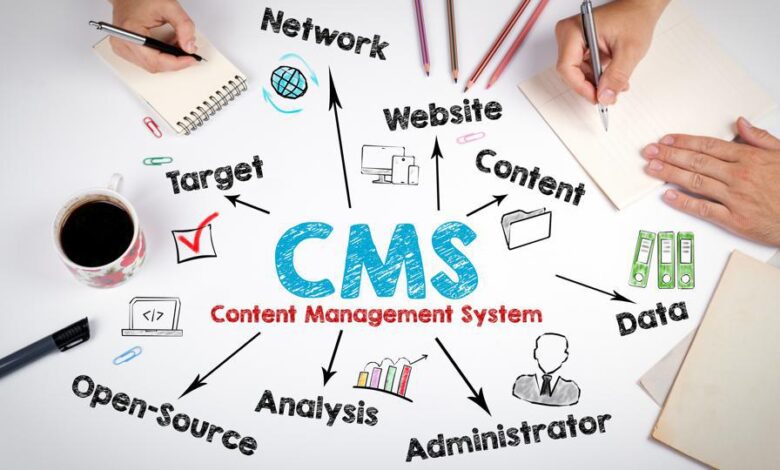7 Best Content Management Software (CMS) Systems Of 2024 – Forbes Advisor

A content management system (CMS) is software that helps you create and modify digital content, including text, audio, video and infographics for a website, even without coding knowledge. CMS platforms make creating and uploading content easy thanks to their selection of themes and templates. The content management software handles all the technical processes for you. So, instead of spending much time creating web pages or storing images and videos, you have the time to focus on creating text content or even other activities that can help grow your business.
The best content management systems make it easy for multiple teams, such as content strategy, content writing, marketing and analytics teams, to work together on your website content. You can also integrate with other third-party software that your business uses, such as digital asset management, content marketing and analytics. That way, you can gain complete website management.
Types of CMS
As technology advances, several types of CMS emerge. Though sometimes similar, these content management systems differ in functionality, capability, how they’re run and even the types of users they serve. But these are the common ones.
All-in-One Website Builders
These are similar to turnkey systems that include all you need to get started and manage your site and content. The best website builders include intuitive CMS systems that anyone can use to manage SEO, a blog, files, the look and feel of your site and the backend functionality. These are ideal for new and small business owners who don’t require a ton of customization.
Open-source CMS Systems
An open-source CMS system gives you far more freedom and control over the look and feel and functionality of your site. The trade-off is that it’s much harder to learn and use. These are better suited to web developers or large businesses that need or want a custom solution and can afford the higher cost of development.
Cloud-based CMS
A third-party provider hosts a cloud-based CMS, and there are two types: full cloud and partial cloud. Cloud-based CMS types are for businesses that want another to manage their CMS infrastructure either fully or partially. Users cannot customize the full cloud CMS to their needs, but the partial cloud CMS located at each user’s cloud-based server allows alterations through source codes or specific modules. Cloud-based CMS generally requires ongoing support.
Enterprise CMS
Larger institutions often use an enterprise CMS, as it has advanced features and capabilities and supports volumes of content and users. It collects and manages an organization’s unstructured data, including emails and reports, and helps it deliver relevant content to target audiences.
Headless CMS
This type allows you to create and publish content without a front-end user interface. With it, you can manage your content seamlessly, delivering various categories and types of content to web platforms, mobile devices and the Internet of Things (IoT) products.



